Chia seeds are tiny, nutrient-dense seeds that come from the Salvia hispanica plant, which is a member of the mint family. These seeds are native to Central and South America and have been a staple in the diets of ancient civilizations like the Aztecs and Mayans. Chia seeds have gained popularity in recent years due to their nutritional benefits and versatility in various culinary applications.
Key Characteristics:
- Color and Size: Chia seeds are small and oval, and they range in color from black to white or a mix of both.
- Texture: When soaked in liquid, chia seeds develop a gelatinous coating, giving them a unique, tapioca-like texture.
Nutritional Content:
- Omega-3 Fatty Acids: Chia seeds are a rich plant-based source of omega-3 fatty acids, which are beneficial for heart health.
- Fiber: They are high in soluble fiber, which helps support digestive health and can contribute to a feeling of fullness.
- Protein: Chia seeds contain a moderate amount of protein, making them a valuable addition to plant-based diets.
- Antioxidants: Chia seeds contain antioxidants that help protect cells from damage.
- Vitamins and Minerals: Chia seeds provide essential nutrients such as calcium, phosphorus, magnesium, and manganese.
Culinary Uses:
- Chia Pudding: Soaking chia seeds in liquid, such as milk or a plant-based alternative, creates a pudding-like consistency. Flavorings like vanilla, fruits, or sweeteners can be added.
- Smoothies: Chia seeds can be added to smoothies for an extra nutritional boost and to enhance thickness.
- Oatmeal or Yogurt Toppings: Sprinkle chia seeds over oatmeal, yogurt, or cereal for added crunch and nutrition.
- Baking: Chia seeds can be incorporated into baking recipes, such as muffins, bread, or energy bars.
- Thickening Agent: Due to their gelatinous texture when soaked, chia seeds can be used as a natural thickening agent in jams, sauces, or even as an egg substitute in some recipes.

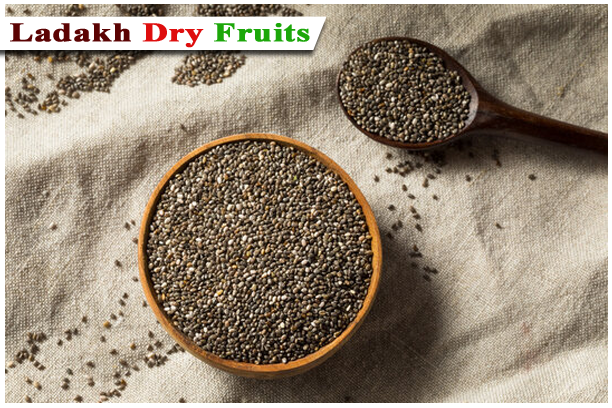

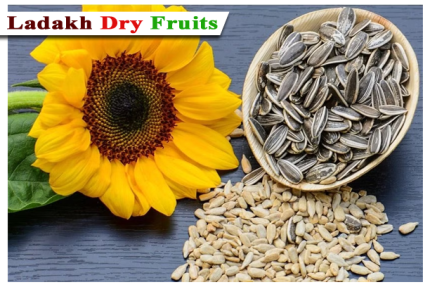


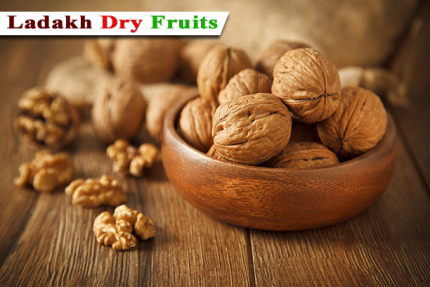
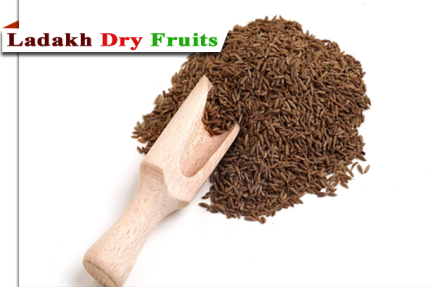
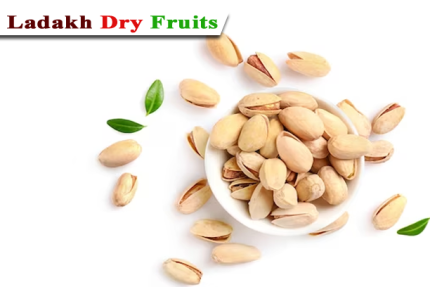


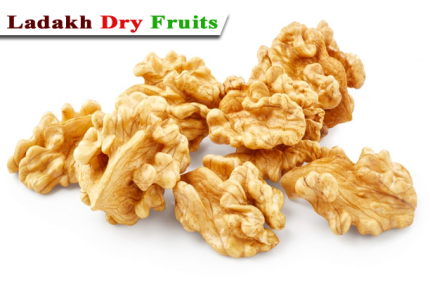
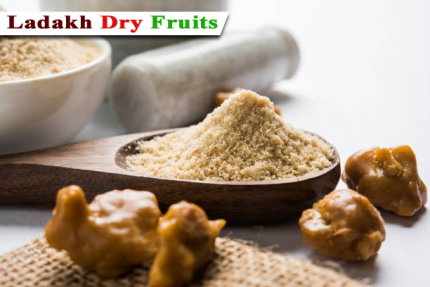

Reviews
There are no reviews yet.